We are,
Prickly Thistle
Prickly Thistle
As of 14th October 2022 we rebelled, and for now have an anti-social media platform policy. Let's connect in a real way, set yourself free from the scroll....
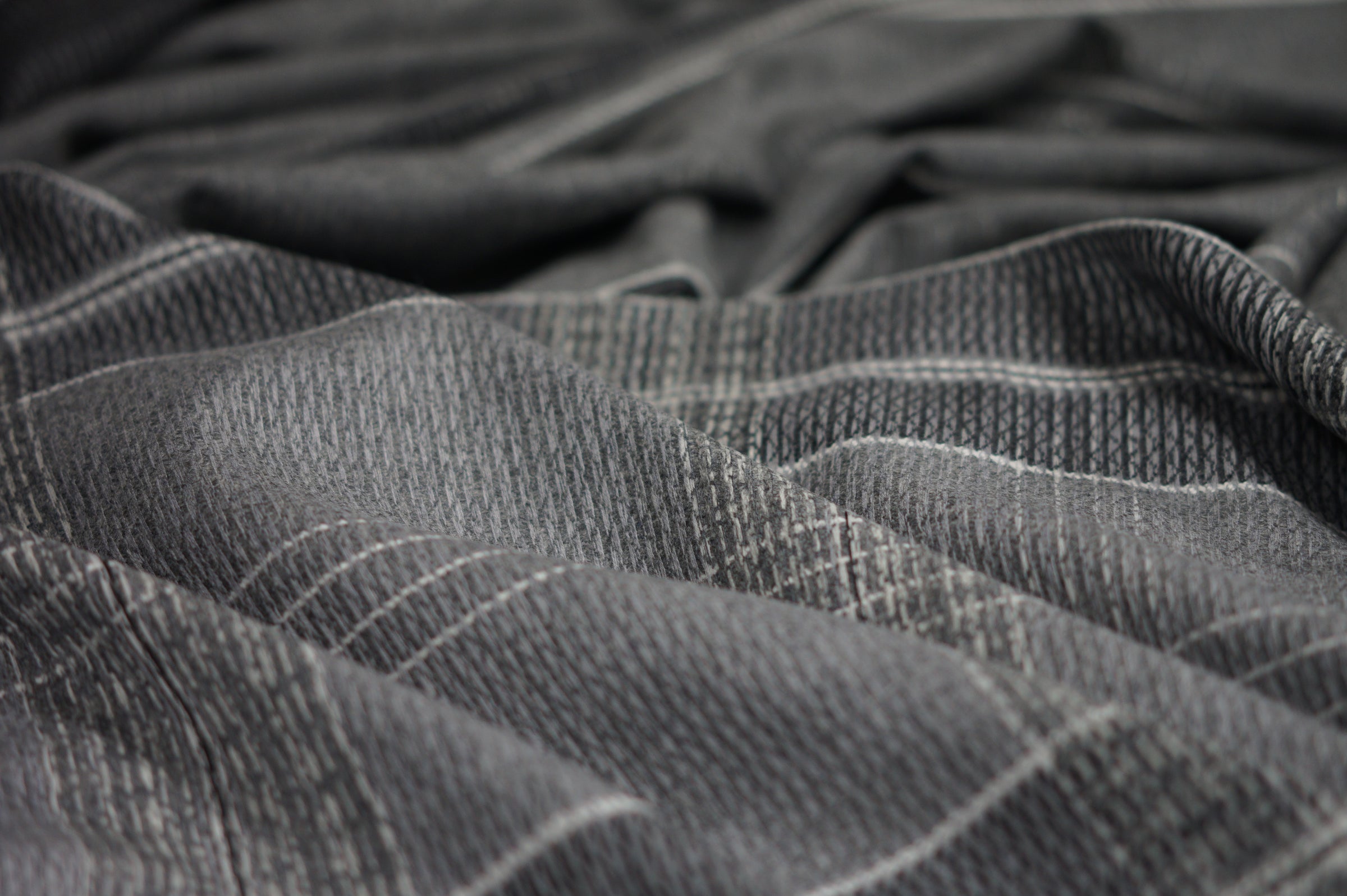
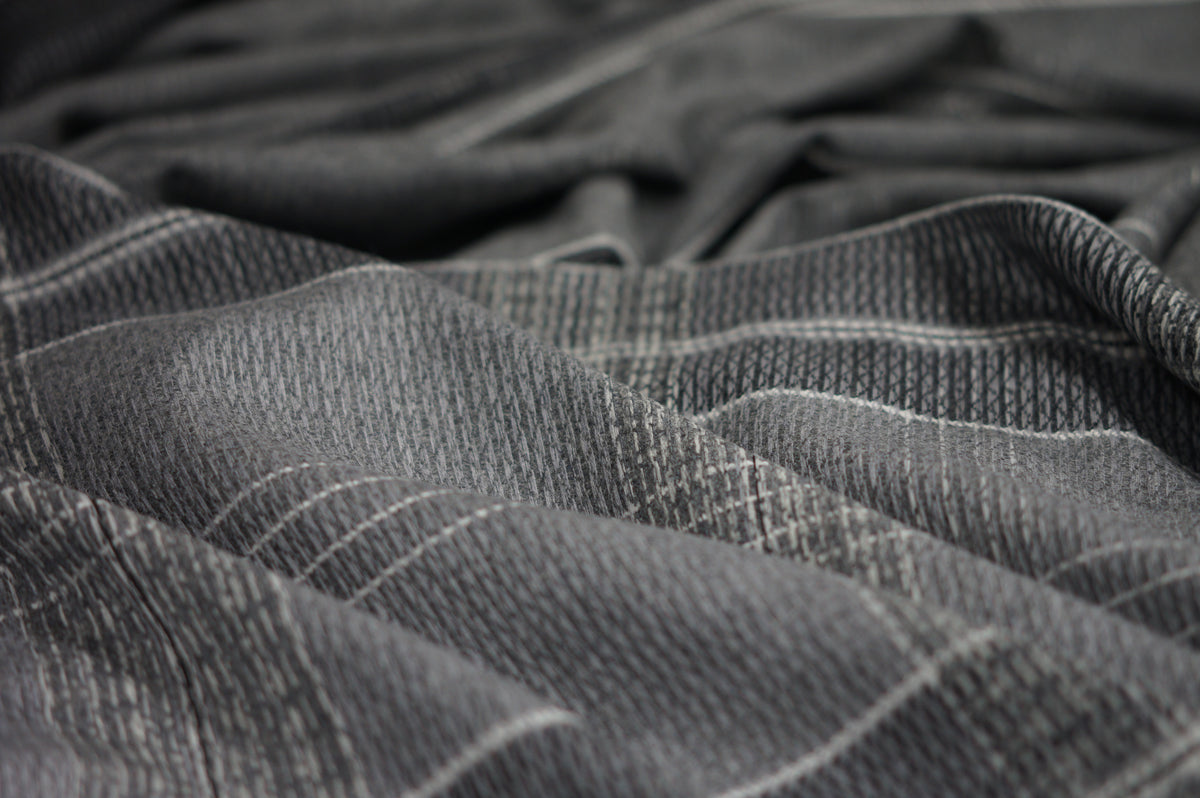
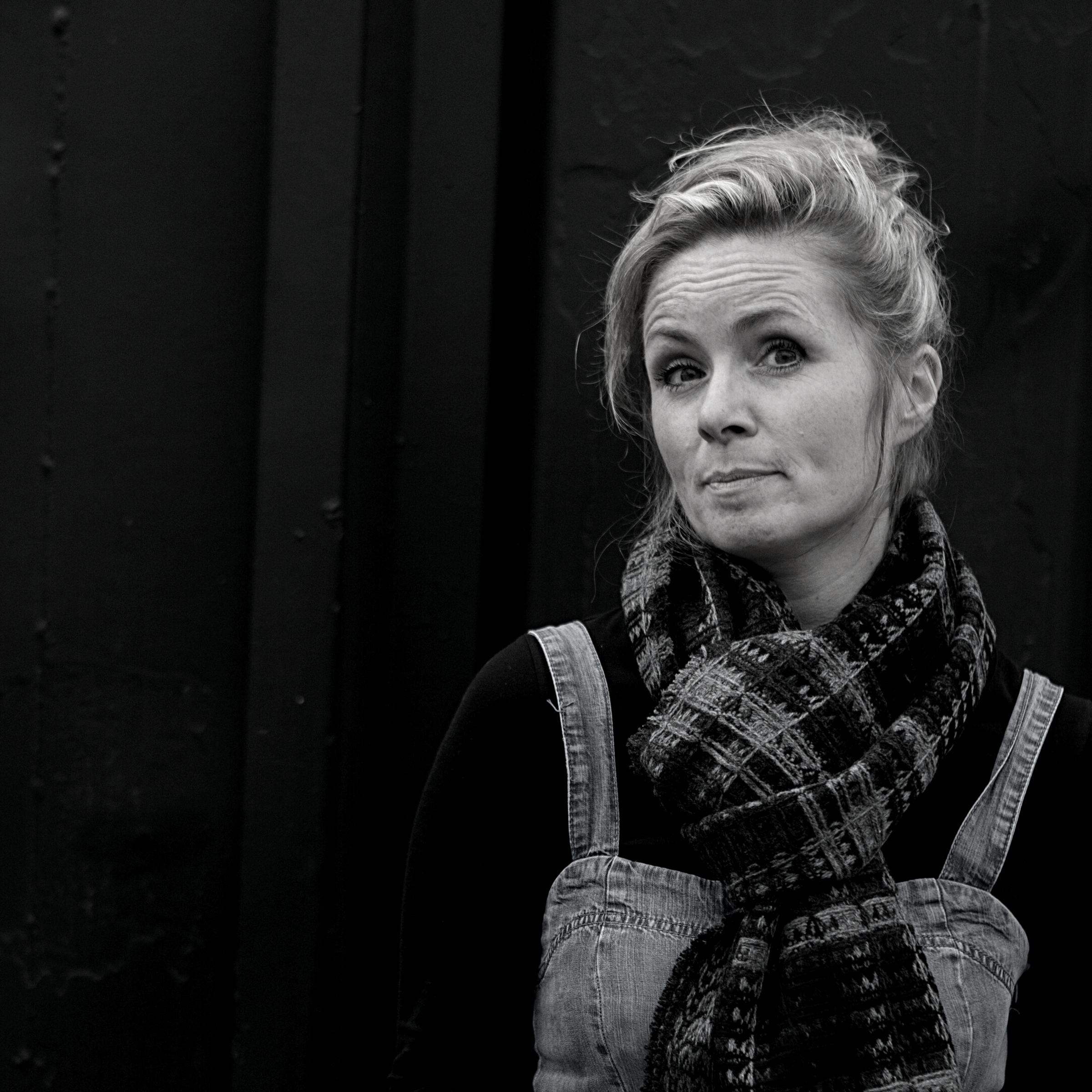
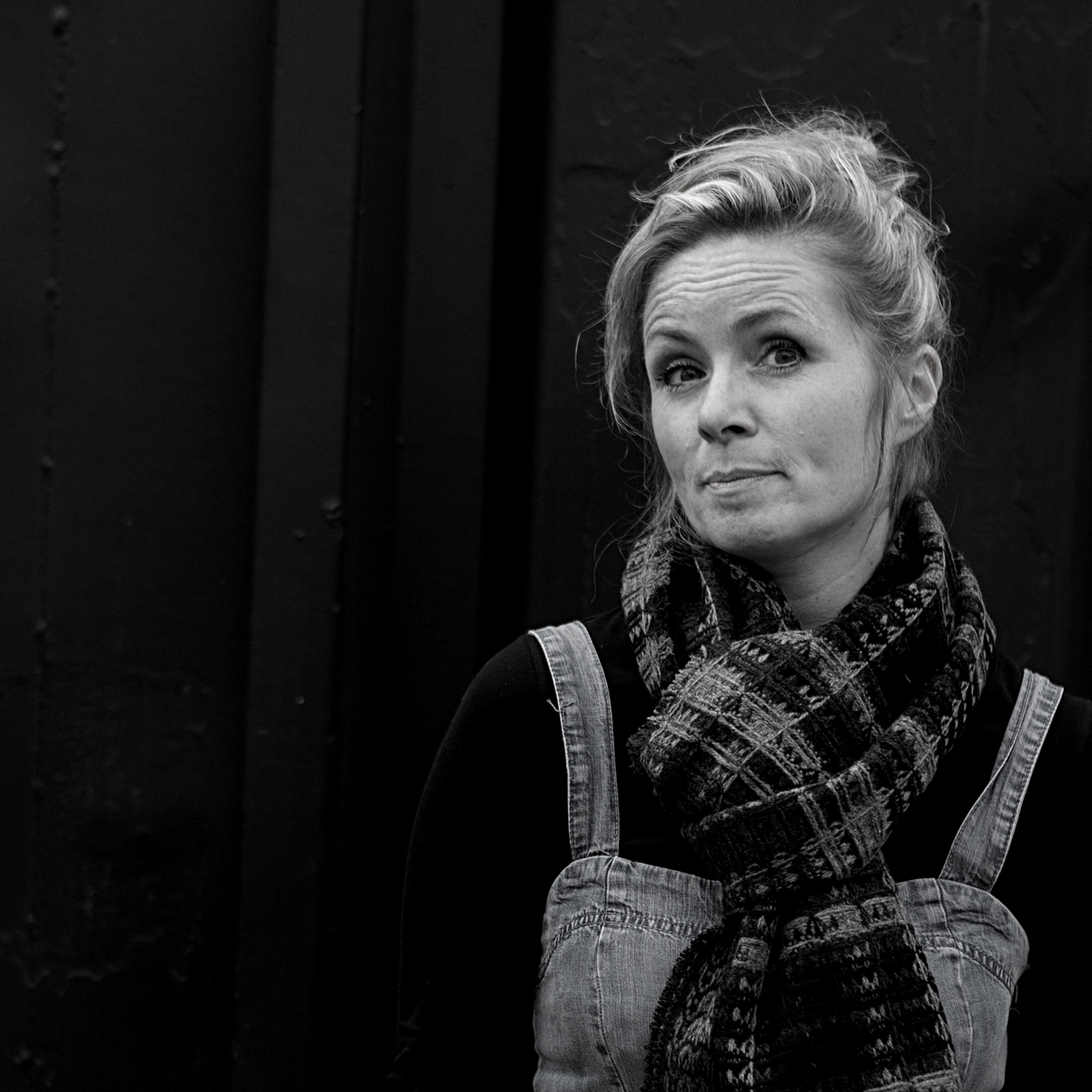
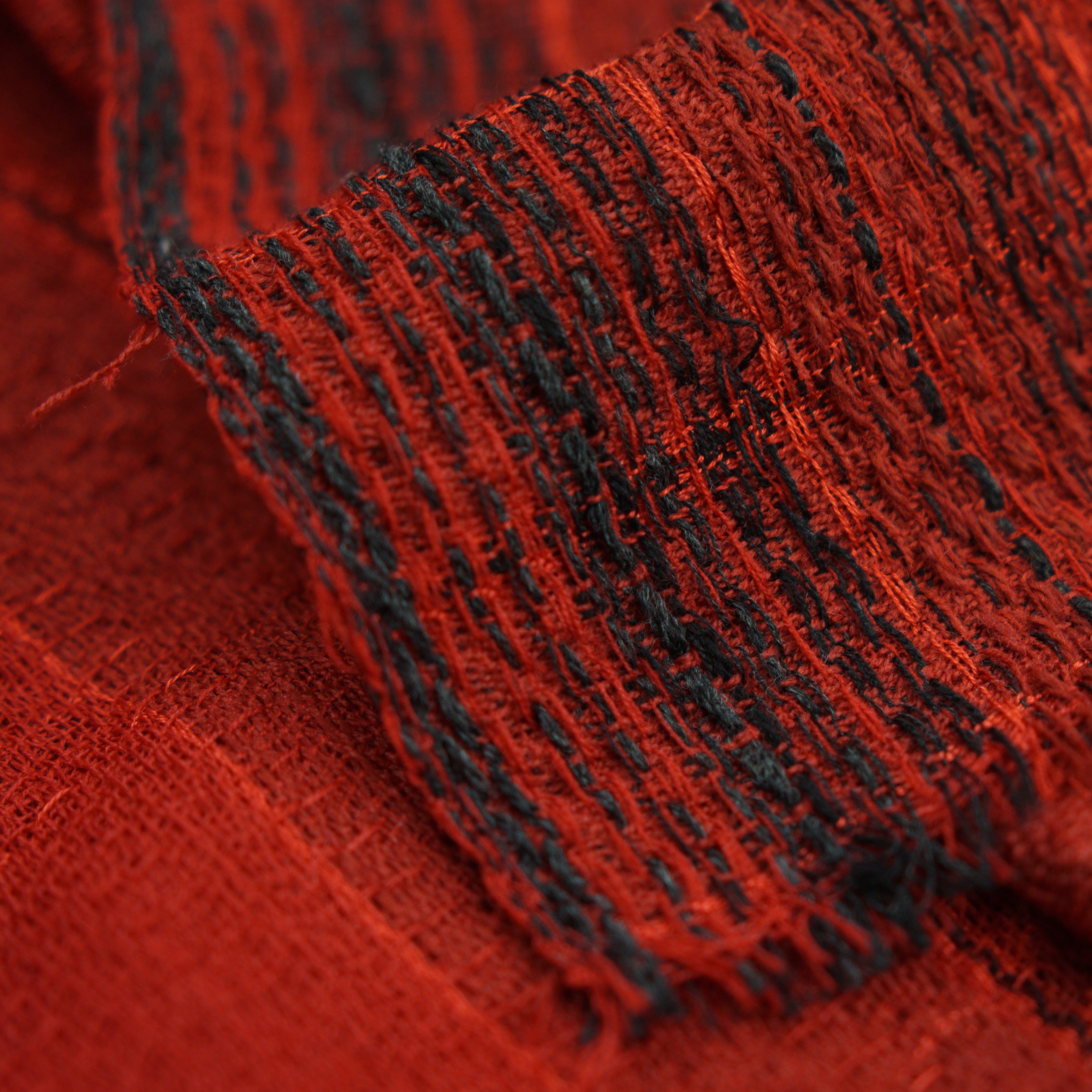
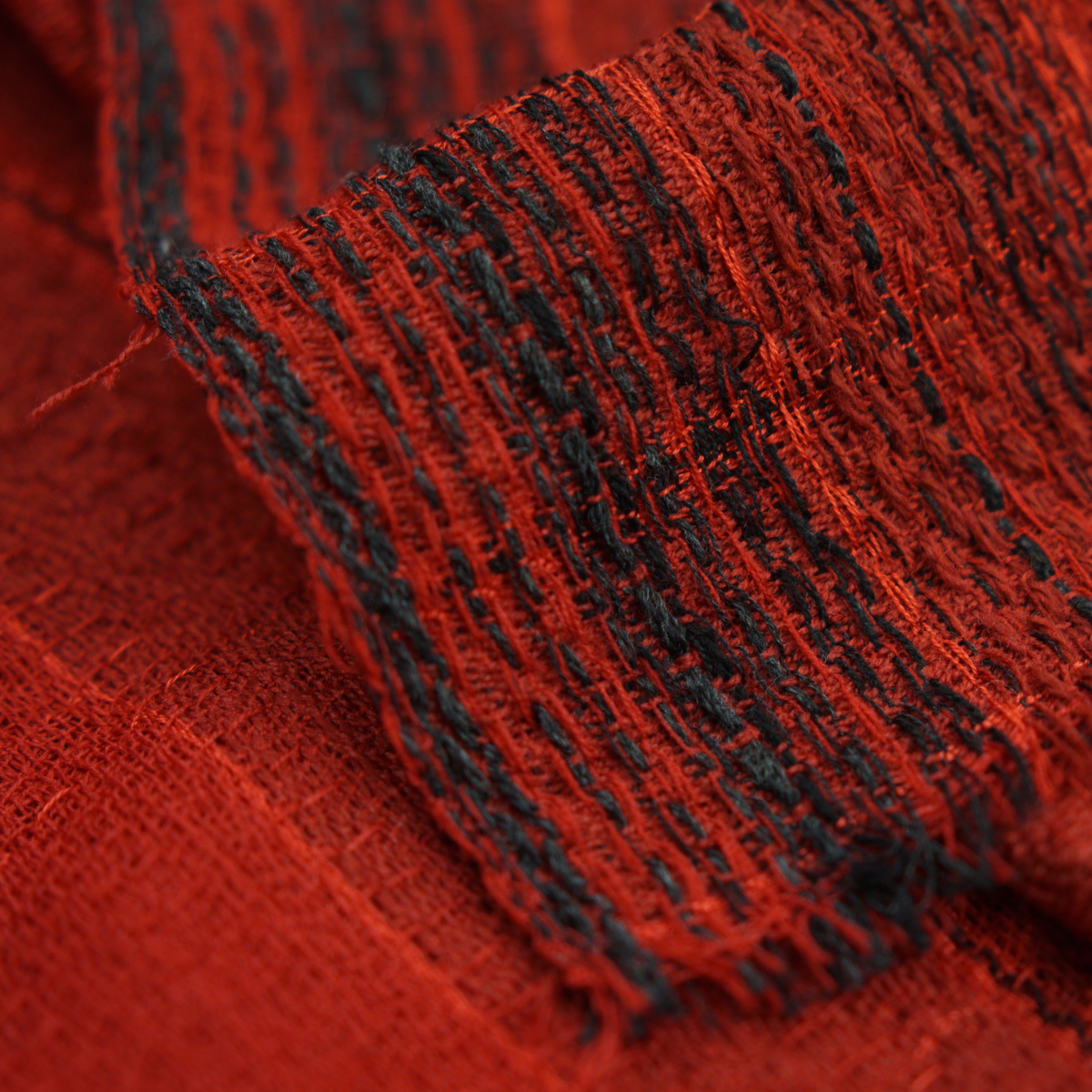
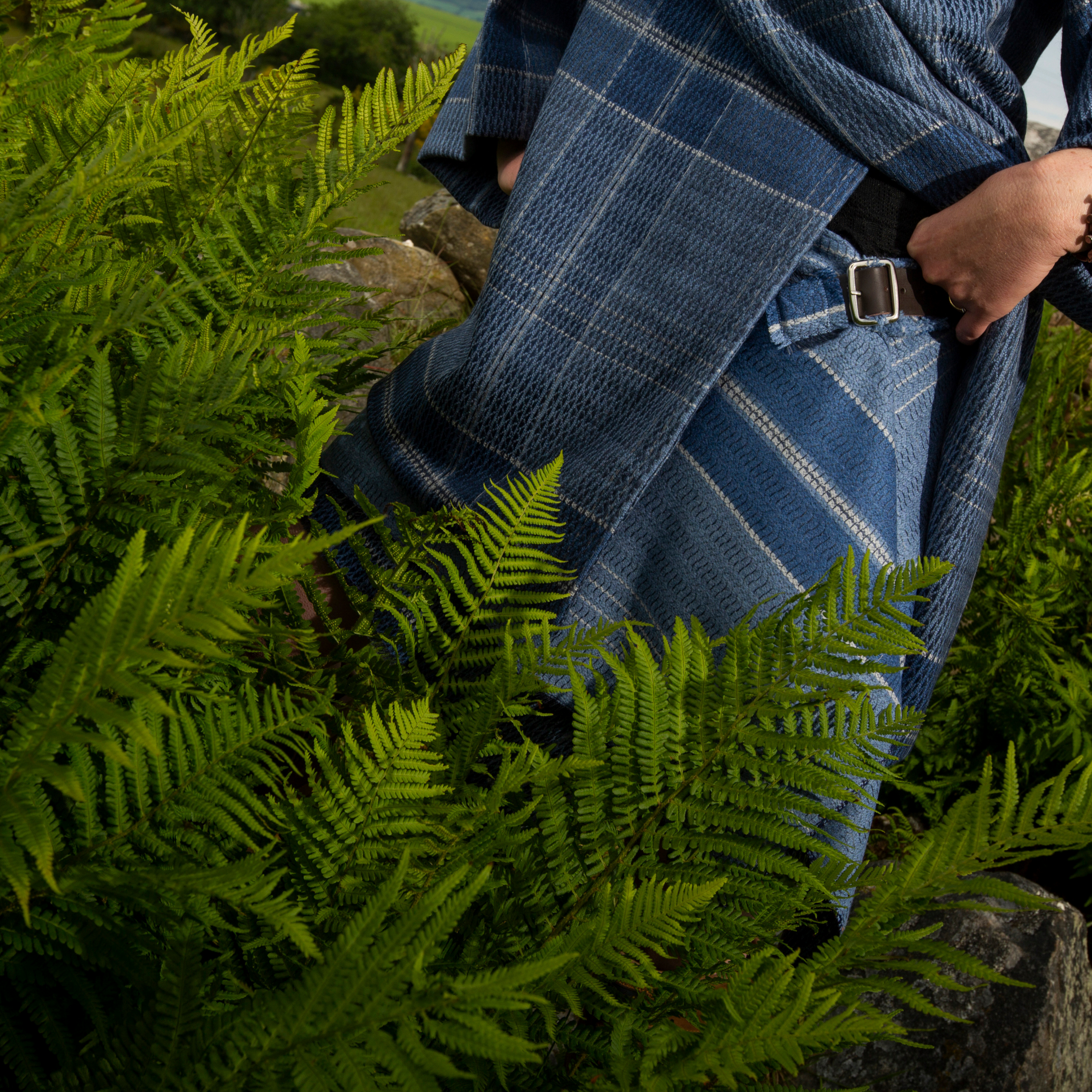
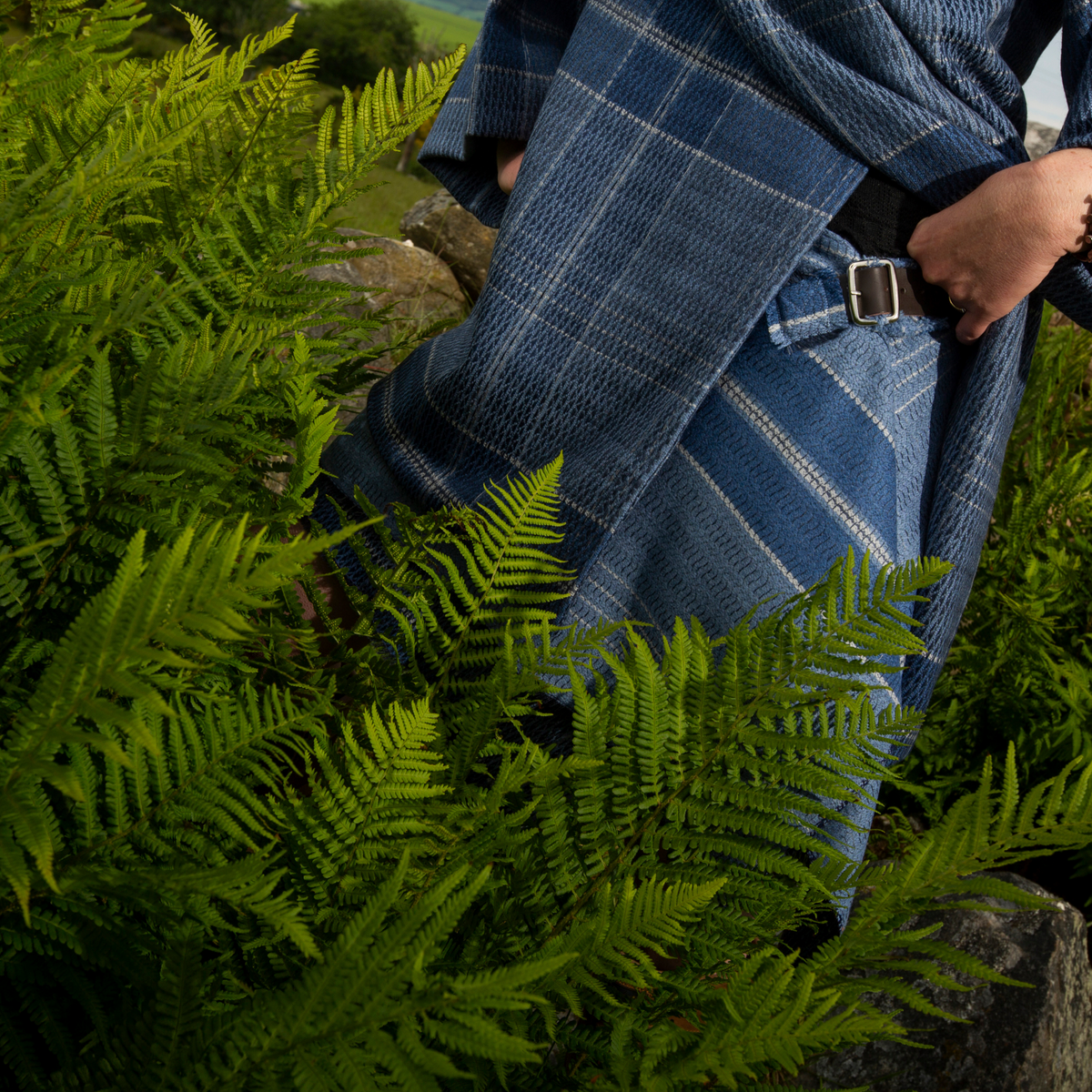
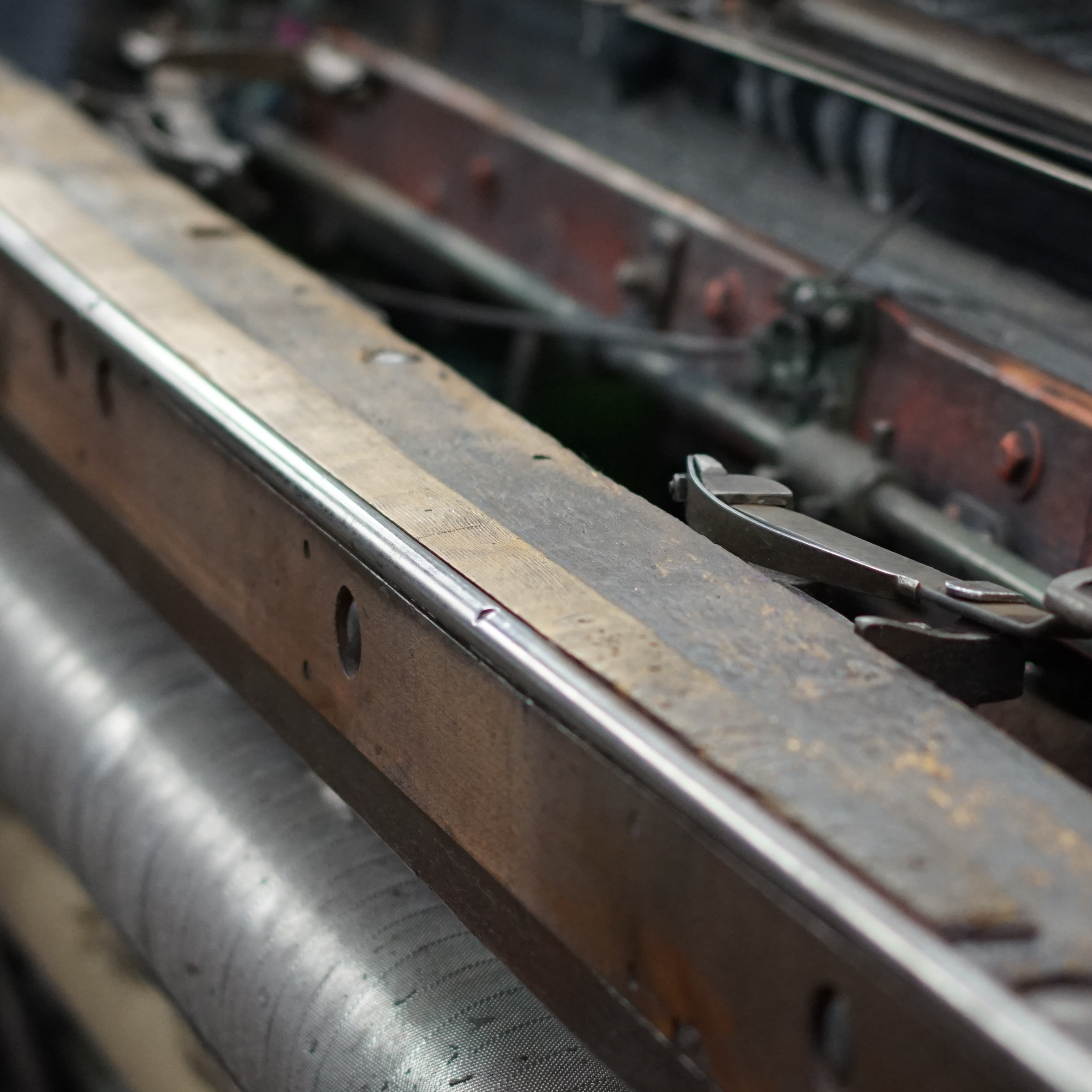
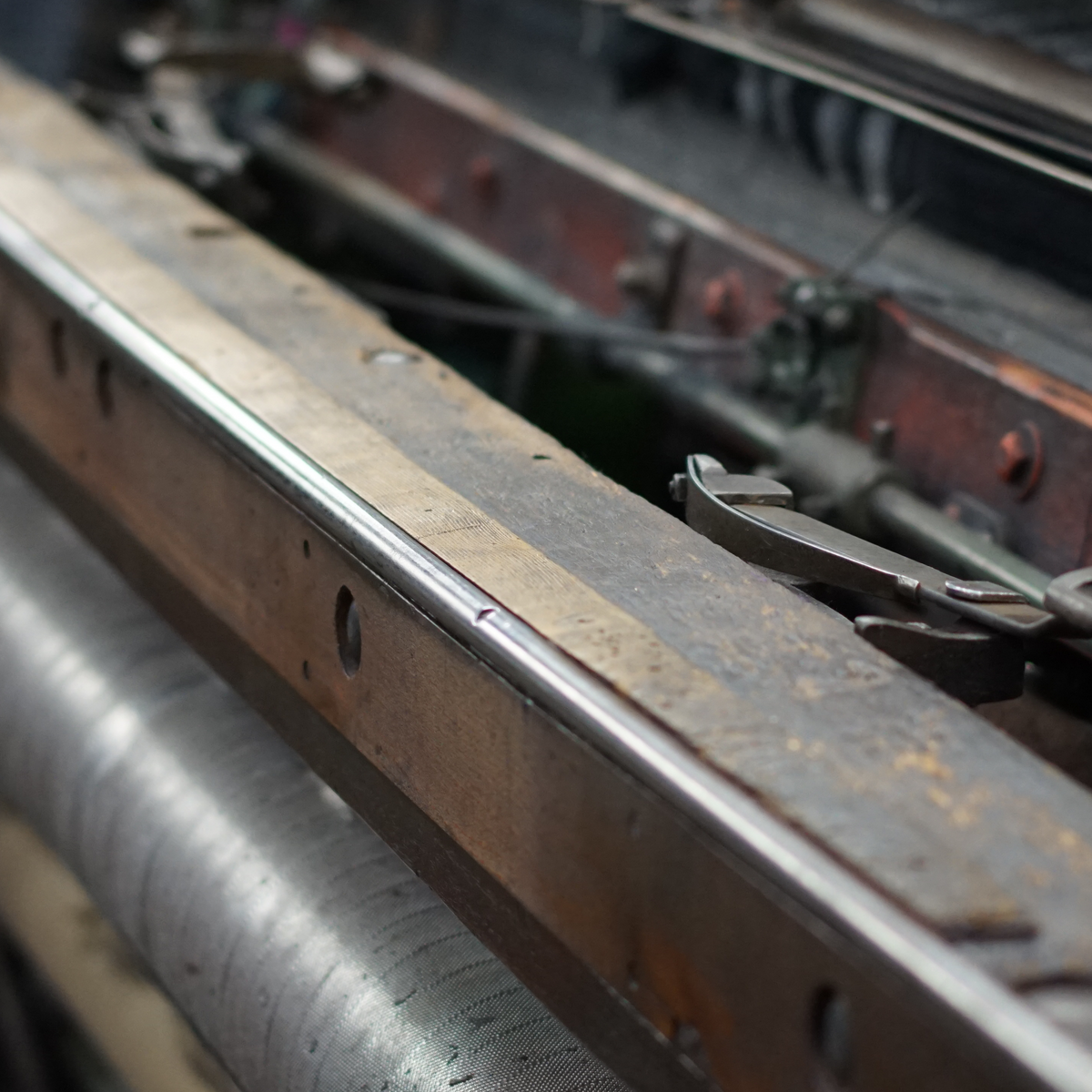

We have the word of the moment, the century, we have 'sustainable', yip everyone is all about it now, and it has become hi-jacked in the world of greenwashing we know. But we are not using it alone, we have backed up that pillar with a big bad-ass amount of integrity. Integrity is defined as, the quality of being honest and having strong moral principles. So now we have protected the word sustainable for good!
Here's the principles of our Sustainable Integrity!

Pillar Issue : Place of Origin
Issue : In the world of clothing and textiles, origin is appropriated in the most calculated way, you have seen it. The images, the style, the language all implying a place of origin. Well most of it's bollocks, and this is what we do.
Action : Every fabric we use in our clothes is woven by us in the only mill in the mainland Highland region of Scotland. All of the clothes you see on our store are all also made by us in the only mill in the mainland Highland region of Scotland. We don't go to town on the fact that we were the only ones who could be bothered to bring the weaving of tartan back to the region, honour the past, protect the future and do it with bad-ass attitude. We just do what we do from the place of origin. It's a reality for us, we don't have to imply, trick or make it up - but we will fight back against those who try to pull the wool over your eyes!

Pillar Issue : No Middle Meddler
Issue : We do not have materials and garments that are shipped around the world, no warehouse to warehouse with a middle meddler looking to add costs and burn up carbon.
Action : Not much to do on this one to be honest, we do it all under one roof and sell direct to you. Limiting carbon miles and limiting 'mark-ups' to give you maximum assurance over the integrity of everything we create and maximum sustainable protection for people and the planet.

Pillar Issue : First & Only B Corp Mill
Issue : Why are we the youngest mill in Scotland and we are the only one and the first to be B Corp Certified?
Action : We know so many frameworks and certifications out there can be subjective and some are just outright pay and display tricksters. But B Corp is the one organisation that caught our attention within 12 months of opening our mill. Since the launch of B Corp UK in 2006 over 150,000 business have signed up and only 4,500 have been certified, we are the only mill in that whole pack! We started the process in 2019 and through the 'pandemic' years we finally were awarded a pass after an in-depth audit. Read all about our B Corp Status here, we think we are the only B Corp to ever disclose this level of transparency about how we scored. Some areas we did well, and some areas we still have a long way to go!

Pillar Issue : Petrochemical Fibres
Issue : What part of virgin, recycled or blended petrochemical fibres and fabrics is any good in clothing? Is it sustainable, eh no? Is there any integrity attached to the arguments of it's quicker to dry, it's saving plastic bottles from landfill, eh no?
Action : We want to see in 4 years time, that all new clothing is only made from natural fibres, plant and animal. Oil has no place on our bodies, in our water systems as micro plastics, it's highly flammable and toxic.... We don't care how cheap it is, it's killing us and the planet. That is why we only make our fabrics and clothing with 100% natural fibres, that is why we do not have petrochemicals in our packaging, that is why our mill is powered by renewable energy. So for those making another t-shirt from recycled bottles and claim to save the planet, we have no words for you. For those who blend it with beautiful natural fibres, wow! So you womxn of the give a rebel sh#t tribe, we know you already read those labels and the parts of the websites that lists this info - do what we do and point it out to your friends, what part of sustainable fashion has anything to do with oil? Answers on a postcard....

Pillar Issue : Slow Manufacturing
Issue : We get told by certain people, "If you only had more automated machinery that produced more and needed less people to operate, you would make more profit and you can sell at a cheaper rate?"
Action : This is what we get all of the time, our reply is to question what part of job creation they are against, and have they heard of UNSDG Number 1 - End Poverty? Then we put it to them that if we make it cheaper people will buy more than they need, so basically the cost per wear is higher for these people who have no job, and when the wardrobes are bursting it goes to charity and then mostly ends up as landfill in a third world country? Why is this good again?
The closing statement then is, so you have heard of climate change, the disaster we are causing with excessive consumption, you are aware of modern slavery and you talk about humanity and solidarity. Why on earth would you ever ever mention profit if you truly care about these things? A purpose-led business would only ever scale their efforts to do more for the planet and all people.
Then the penny drops, we need to make less, with more people being given quality jobs, with kinder materials, with zero waste to be in circulation longer. That also saves every customer money, this complicated scenario now seems really simple to solve.

Pillar Issue : Supply Chain Transparency
Issue : When you read that bit of info on the product page that says designed in X ('First World' Country) and ethically sourced in Y ('Third World' Country), to then have no information whatsoever about that factory, the people, the conditions they work in. We think this is no longer good enough.
Action : Supply chains are complicated, we don't deny that, but with a bit of work you can try to ensure you have the cleanest and kindest supply chains possible aside from making everything yourself from cradle to grave. We proudly disclose who we buy from on our Supply Chain Map. In terms of processes for every bit of clothing we make, the only aspects we do not do is shear the sheep, prepare the yarn and finish (wash) the woven cloth. We do everything else, and for those parts of the process we don't do we ask questions on a regular basis, we visit them and we partner with them as we learn about every single little improvement that is possible. For example, our yarn spinners keep giving us plastic bags over each cone of yarn - we have asked them to stop giving them to us, but they say they can't as they are needed for moisture retention. But when we weave in quick cycles then there is no need, so now we save them up and will be posting them back so they can deal with them.

Pillar Issue : Made to Order
Issue : Why made to order is one of the key traits of sustainable clothing? If a brand does not offer it then why?
Action : Made to order means clothing is not made when it's not wanted, a solution right there! We can proudly do this because we carry out many of these processes all under our one roof. We do not have materials made in X location to be moved to Y location to be made into garment Z, to then be shipped to warehouse 1, then retail store 2 and so on. This takes months if not over a year to do, so for certain brands it's impossible to offer a made to order service even if it means you are getting a garment that fits better, lasts longer and is worn more often. Sadly, in order to gain customers they sell cheap and have fuelled the fast fashion culture or they over emphasise the need to have new seasonal looks with key trends so that you buy constantly year after year, regardless of price at times. A key part of this pillar is our commitment to this method of making. The best always comes to those who wait, and this is why we have our 4 X A Year Approach.

Where did it all begin, the why then, the why now and the future of why not?
